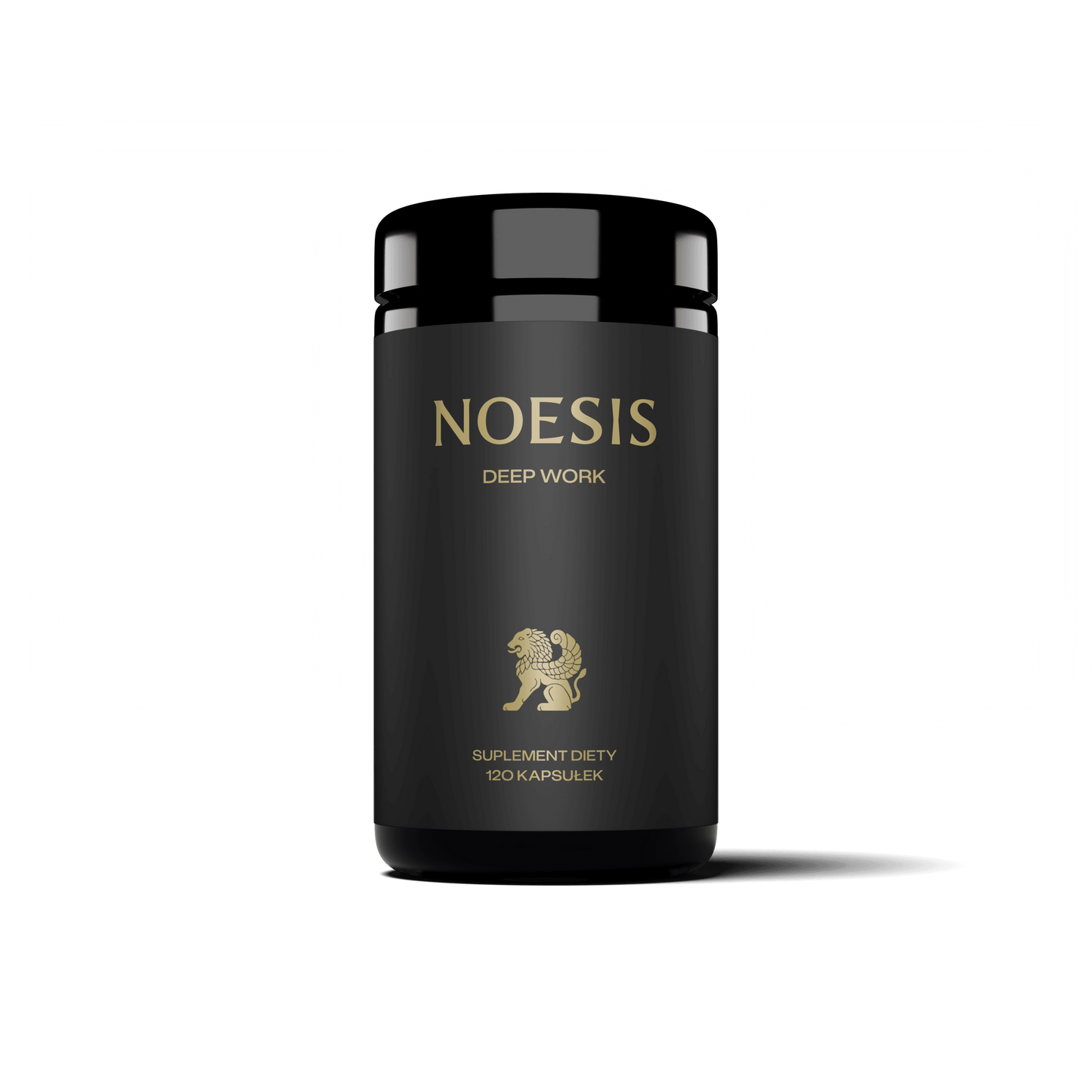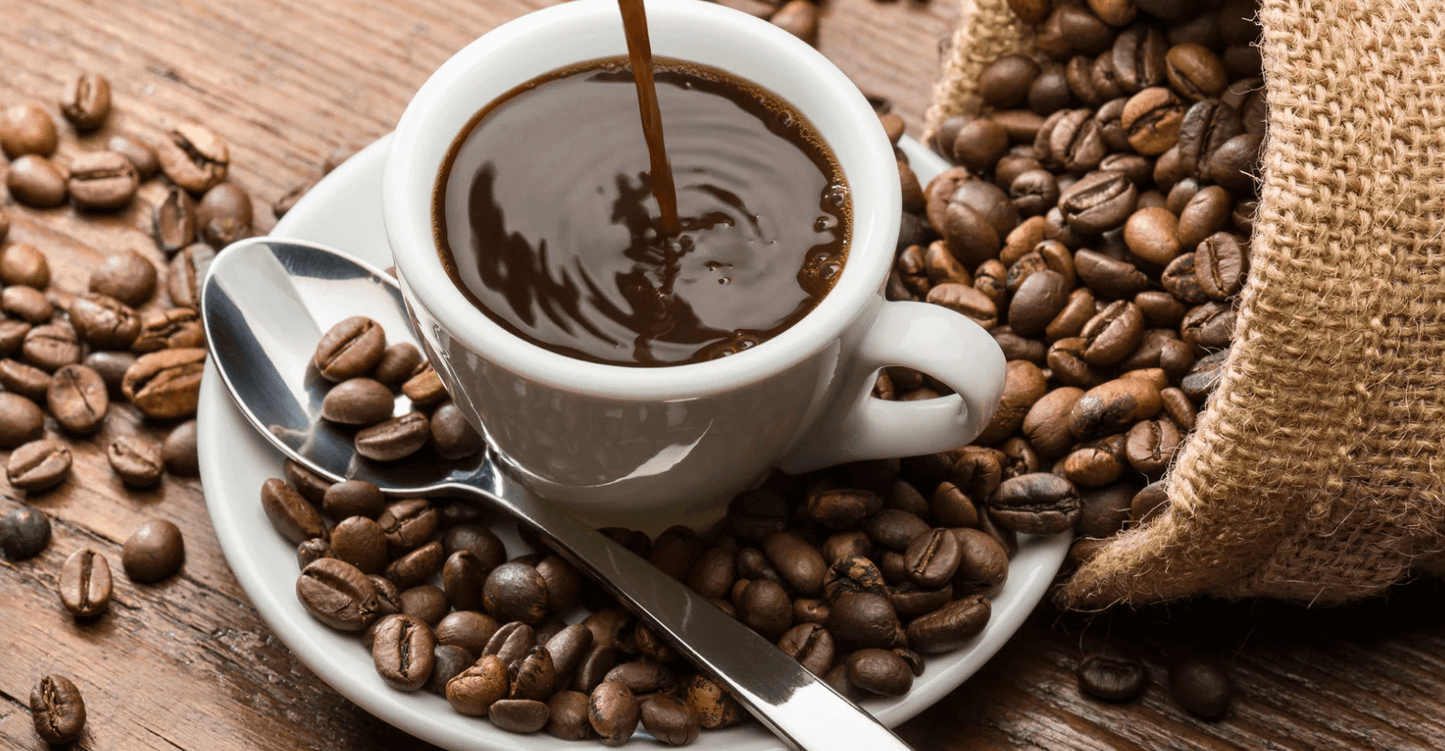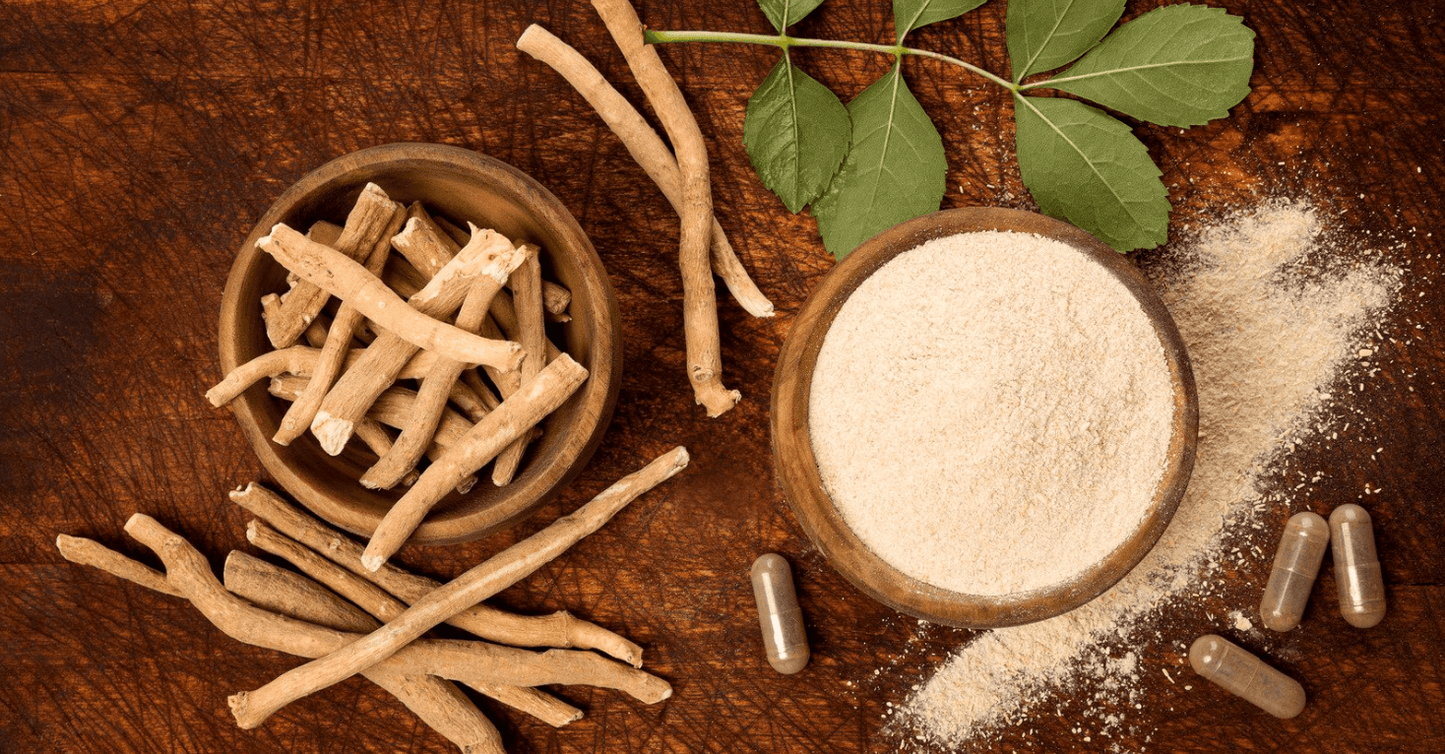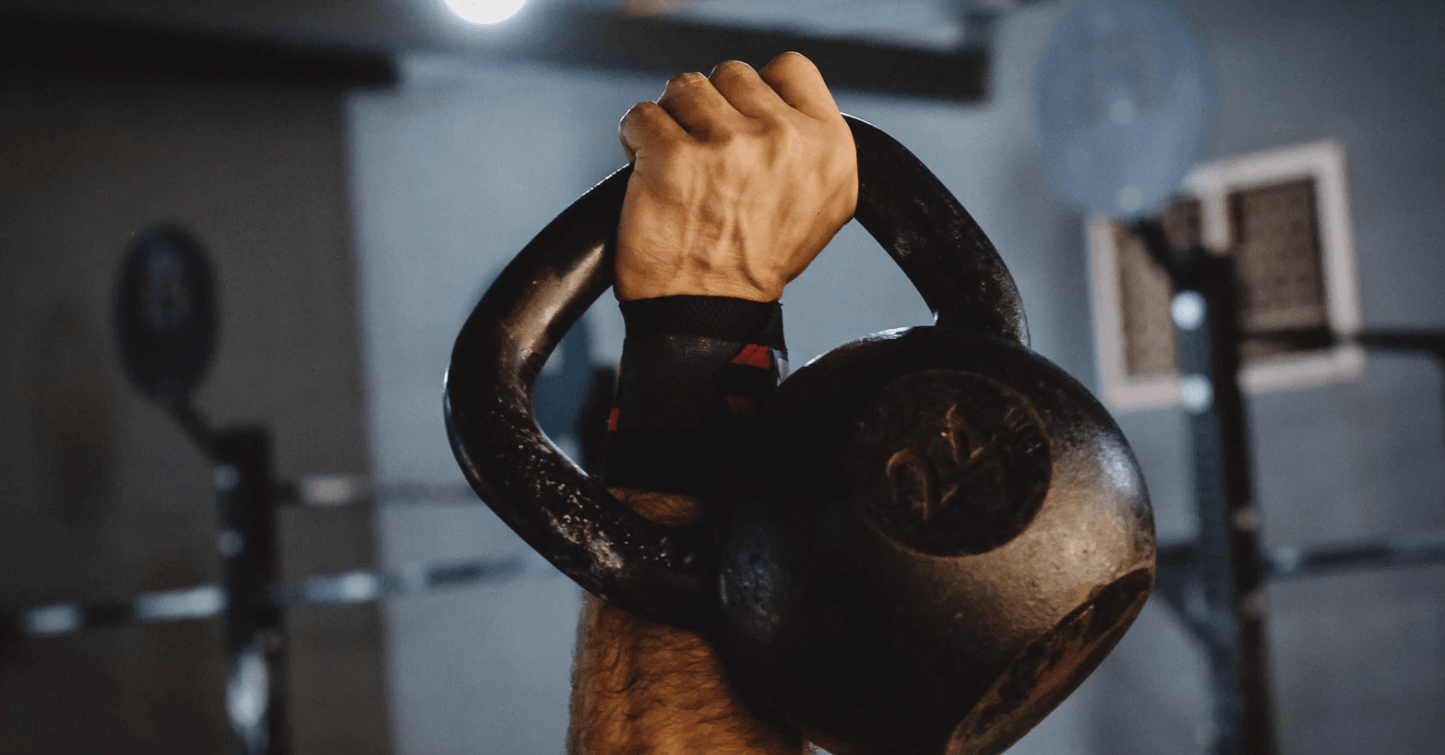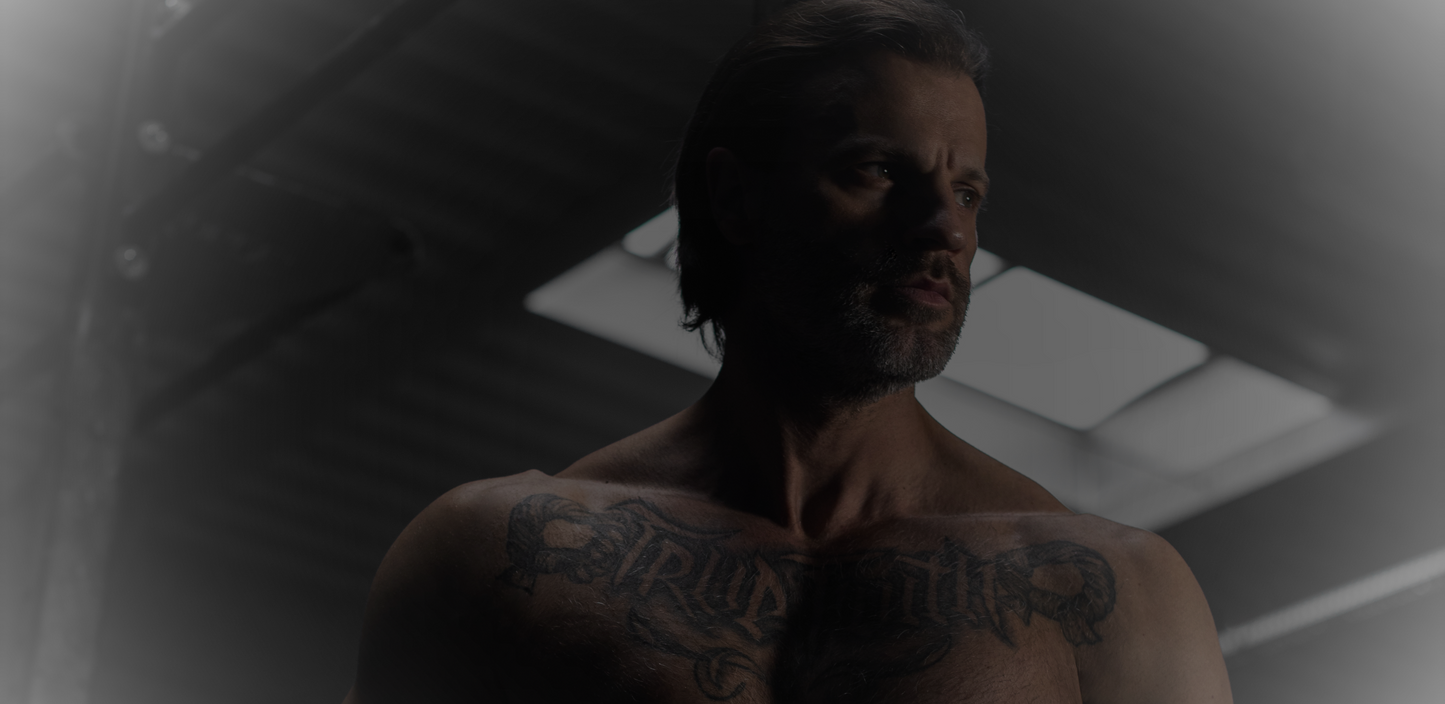
Testosterone is not only a “male hormone” but also a key regulator of energy, libido, strength, and even sleep quality and mood. Its deficiencies are common today, and not just in older men.
In this article you will learn:
· what is testosterone and how does it work in the body,
· what are the symptoms of its deficiency,
· what influences its level,
· how to safely raise testosterone levels,
· what habits, diet and supplementation have a real impact.
No myths, no shortcuts – a concrete guide for those who want to regain control over their own body, strength and mind.
What is testosterone and why is it so important?
Testosterone is a steroid hormone that plays a key role in the body of both men and women. Although often associated solely with masculinity, its influence is much broader: it regulates not only strength, muscle mass and libido, but also mood, energy, sexual drive, the ability to regenerate and even mental resilience.
Testosterone: what is this hormone?
Testosterone belongs to the group of androgens, hormones responsible for the development of sexual characteristics. In men, it is produced mainly in the testicles, and in women - in the adrenal glands and ovaries (in much smaller amounts). Its production is controlled by the pituitary-hypothalamic-testicular (or ovarian) axis - a hormonal regulatory system that acts as a precise feedback mechanism.
Testosterone functions in the body
Testosterone affects many aspects of everyday functioning, including:
· libido level and sexual function,
· sperm production,
· development of muscle mass and strength,
· body fat level,
· mood, motivation and energy levels,
· regeneration and sleep,
· cardiovascular and skeletal health.
It's not "just a sex hormone" - it's the foundation of operation and drive .
Testosterone and libido – what is libido and how is it related?
Libido , or sexual drive, is the psychophysical readiness for sexual activity. Testosterone plays a key role here – not only by influencing the level of desire, but also by motivation, self-confidence and energy levels . When testosterone drops, libido often goes with it – even if the reproductive system is functioning “technically” well.
Why does testosterone level also matter in women?
Women also need testosterone, although in smaller amounts. It affects:
· muscle tension,
· bone density,
· energy levels and libido,
· concentration and mental well-being.
Too low levels of the hormone in women can lead to fatigue, irritability, decreased sexual drive and loss of muscle mass.
Testosterone is a hormone that regulates more than it seems – that is why its level is important not only for “bodybuilders” or “guys over forty”, but for everyone who wants to perform at a high level.
Total vs. free testosterone – how to tell them apart?
When you have your testosterone levels tested, you will most often get a result of: total testosterone . The problem is that this number doesn't say everything . Equally important - if not more important - is free testosterone , i.e. the fraction of the hormone that actually works in your body .
What is the difference between total and free testosterone?
· Total testosterone – is the total amount of testosterone in the blood. It contains both active and inactive (protein-bound) forms.
· Free testosterone - this is the part of testosterone that is not bound to proteins and maybe freely affect cells . It is he who is responsible for the real action – libido, energy, regeneration, strength.
You can have normal total testosterone levels and still feel like a wreck if your free testosterone levels are too low.
SHBG – a protein that changes the rules of the game
SHBG (Sex Hormone Binding Globulin) is sex hormone binding protein . The more SHBG in your body, the less free testosterone – because more becomes blocked and inactive.
What increases SHBG?
· low insulin levels (with low calories),
· chronic stress,
· too intense training,
· excess estrogen,
· aging.
Therefore, the total testosterone test alone is too little – it is worth checking SHBG and free testosterone at the same time.
Why is it not just “quantity” that matters?
Testosterone is not a "number size", but effectiveness of action . Two men can have the same total testosterone result, but completely different well-being and results - if one has more free testosterone. The quality of hormonal action depends on balance , not just on “more = better.”
Low Testosterone Symptoms – When to Worry?
A drop in testosterone does not always mean a hormonal catastrophe. It is often quiet, slow deterioration of performance , which is easy to ignore. But if several symptoms appear at the same time - it is worth stopping and taking action.
Loss of energy and motivation
Do you start your day tired? Do you feel less motivated to act? Constant apathy, lack of energy, or even giving up on things that used to drive you – these are classic signs. Testosterone affects drive , and its deficiency can cut you off from your inner fire.
Low libido and erectile dysfunction
This is one of the first symptoms that prompts testing. Testosterone deficiency often equals lack of desire for sex , problems maintaining an erection, delayed or weak orgasm. And no, it's not "normal because you're getting older" - it's a signal that it's worth taking action.
Mood swings, irritability
Testosterone affects neurotransmitters , including dopamine and serotonin. Reduced testosterone levels can lead to:
· mood disorders,
· drops in motivation,
· frustration for no reason,
· irritability to the surroundings.
Problems with sleep and regeneration
Low testosterone can disrupt your circadian rhythm, worsen your sleep quality, and thus cause a vicious cycle of fatigue and further hormonal decline. If you sleep late and still wake up tired, it's not a "lazy Monday." It could be the result of hormonal imbalances.
Difficulty building muscle mass
Despite training, nothing happens? This could also be a testosterone issue.
This hormone is responsible for:
· building lean muscle mass,
· fat burning,
· strength and endurance.
If your body stops responding to physical activity and your body fat levels increase despite your efforts, it is worth taking a closer look at your hormonal balance.
Even a few of these symptoms may mean that Your testosterone is not working as it should . But instead of panicking, it's worth checking, what weakens him .
Natural Testosterone Lowering Factors
It doesn't take a disease for testosterone levels to start dropping. All it takes is long-term overload, bad habits, stress, lack of sleep and hormones start dropping. Here are the most common, everyday causes that can effectively block testosterone production or increase its "grounding" by SHBG.
Chronic stress and cortisol
Stress is one of the biggest silent killers of testosterone. An organism that lives in “threat” mode, produces more cortisol, and this hormone works inversely to testosterone. The higher the cortisol, the lower the testosterone production. The longer the stress, the more difficult the hormonal regeneration.
Poor sleep quality
Sleep is the time when testosterone production is gaining momentum . Especially in the REM and deep sleep phase. If you sleep too little, interruptions, by the phone, lights and noise - your body there is no way to regenerate hormones . Lack of sleep = hormonal imbalance.
Lack of physical activity
Movement, especially strength and interval training, is natural testosterone booster . Sedentary lifestyle? Your body has no reason to produce the hormone that fuels muscle, energy and recovery. No training = signal: "I don't need testosterone."
Excess fat
The more fat around the belly, the more aromatase – an enzyme that converts testosterone into estrogens. More fat = less testosterone. That is why abdominal obesity is not only an aesthetic problem, it is hormonal sabotage factor .
Alcohol, Processed Foods, BPA and Microplastics
· Alcohol reduces the production of LH and FSH – hormones that stimulate the testicles to produce testosterone.
· Fast food and processed foods dysregulate glucose and insulin and disrupt metabolism.
· BPA (from plastic, bottles, packaging) is a strong hormonal disruptor (so-called estrogen mimicker) .
· Microplastics are now even found in drinking water, and their impact on hormones is becoming increasingly well documented.
Too low calorie diet or too long reductions
Long-term fasts, deficit reductions and lack of fats in the diet = hormonal catastrophe. An organism that feels threatened by survival, shuts down the production of sex hormones to conserve resources.
Good news? Most of these things can be reversed. And this is what the next part will be about.
How to increase testosterone levels naturally?
Forget about magic shortcuts. Testosterone is a hormone that responds to the way of life and that is why you have a real influence on it. Here are the key areas worth acting on.
Regular Physical Activity – What Workout Works Best?
The best testosterone booster? Heavy-duty strength training . Especially:
· deadlifts, squats, pull-ups, presses,
· intensive series with short breaks,
· full body training 3–4 times a week.
For this HIIT – or intervals that stimulate the hormonal system without unnecessary muscle loss. Avoid overdoing it – overtraining and cardio for 2 hours a day will have the opposite effect.
Sleep and regeneration – the foundation of hormonal balance
Sleep disorders = decreased libido and testosterone deficiency. Aim for 7-9 hours of sleep, preferably with a full REM cycle. The following will help:
· fixed hours of going to bed and getting up,
· no screens 1–2 hours before bed,
· low temperature in the bedroom,
· minimum 8 thousand steps per day to improve the depth of sleep.
Stress Reduction – What Affects Cortisol?
It's not just about yoga and deep breathing. It's about a real reduction in the stimuli that overwhelm you :
· limiting social media,
· walks without a phone,
· meditation,
· outdoor activities,
· avoiding toxic environments (yes, including people).
Lower stress = lower cortisol = higher testosterone levels.
A lifestyle that supports masculinity – cold, light, movement
· Cold exposure (e.g. cold showers) can temporarily increase testosterone levels and improve receptor sensitivity.
· Sunlight affects the production of vitamin D and the circadian rhythm – key for hormones.
· Daily movement – even without training – signals to the body: “I am in action, produce testosterone.”
Sex, touch, relationships – and hormone levels
Intimacy and physical closeness naturally increase testosterone – not only through sexual activity, but also through contact with another person, oxytocin and satisfaction with the relationship. Isolation = low testosterone. Take care of emotional and physical contact.
Natural Light, Circadian Rhythm and Melatonin
Melatonin (sleep hormone) synchronizes the hormonal system. Lack of exposure to natural light in the morning + artificial light in the evening = dysregulated rhythm, disrupted testosterone production. In the morning – light on the face. In the evening – silence, darkness, no screen. This is how you build natural hormonal base .
Body Weight and Body Composition – The Impact of Body Fat on Testosterone
· Too low a body fat percentage (below 8–9% in men) can lower testosterone.
· But too high (above 20–25%) has an even worse effect – through conversion of testosterone to estrogens .
Golden mean: about 10-15% body fat + muscle mass = optimal hormonal conditions.
What to eat to increase testosterone levels?
A well-balanced and healthy diet is the basis.
Macronutrients:
· fats – needed for the production of hormones (e.g. olive oil, egg yolks, avocado),
· protein – for muscle building and regeneration,
· Carbohydrates – to maintain energy levels and lower cortisol.
Micronutrients:
· zinc – pumpkin seeds, beef, cocoa,
· magnesium – almonds, dark chocolate, spinach,
· Vitamin D – oily fish, eggs, sun, supplementation,
· Vitamin B6 and boron – bananas, avocados, nuts, apples.
Valuable products:
· red meat (in moderation),
· eggs with yolk,
· avocado, olive oil,
· cruciferous vegetables (broccoli, cauliflower – help lower estrogen),
· products rich in choline and cholesterol (testosterone is produced from them).
Supplements to support natural testosterone
Not every testosterone supplement works. Most of them are "on paper" kits that are supposed to impress - but have no real impact on your hormonal balance. Below is a list of ingredients that they can really help and those who it's worth avoiding at all costs .
Which ones have been proven to work?
Vitamin D
· Without it, nothing can happen. Its deficiency is associated with lower testosterone levels.
· It is best to test the concentration of 25(OH)D in the blood and supplement individually.
· Typical dosage: 2000–4000 IU daily.
Zinc
· Takes part in the production of testosterone.
· Deficiency is a classic cause of decreased libido, strength and energy.
· You will find it in: pumpkin seeds, beef, cocoa, eggs.
· Supplementation: 15–30 mg daily (no longer than several weeks without consultation).
Ashwagandha (Indian ginseng)
· An adaptogen that lowers cortisol levels, which indirectly increases testosterone.
· It can also improve sperm quality, strength and regeneration.
· It is best to look for an extract standardized to withanolides (5–10%).
Magnesium
· Regulates the nervous system, supports sleep and stress reduction.
· Deficiency negatively affects testosterone levels.
· Form: preferably citrate, bisglycinate or taurate.
Boron
· Lesser known, but promising. It can lower SHBG, which means increasing the amount of free testosterone.
· Dosage: 3–6 mg daily – only periodically.
Which are overrated or risky?
Tribulus terrestris
· There is no clear evidence that it works. It may improve libido, but it does not increase testosterone.
· In many "boosters" only for the effect of a "masculine-sounding" label.
D-aspartate (DAA)
· It works... for a certain period. After 2 weeks the body adapts and the effect disappears.
· It can increase prolactin levels, which has the opposite effect of testosterone.
Booster "complexes"
· Preparations containing mixtures of 10–15 ingredients in microdoses – look nice, work poorly.
· Most often based on marketing, not actual physiology.
How to use supplements wisely?
· Start with research – without it you may unnecessarily overload your body.
· Don't combine everything at once – observe the effects step by step.
· Do not use all year round – take breaks and rotations.
· Focus on quality and standardization – not price and packaging.
DEEP WORK – support for concentration and energy during testosterone drops
If you feel that you lack focus, energy and drive to act – you do not necessarily have to start taking hormone boosters right away. DEEP WORK is a precisely designed formula of 24 ingredients, supports your daily readiness for action, concentration and mental endurance . It does not contain stimulants, does not burden the body, and can help in periods of overload, stress and drive drops .
What can cause libido disorders despite good testosterone levels?
Your results are normal, but you still lack desire, drive and closeness? This is a very common scenario, because libido is not just testosterone . It is a whole mix of psyche, lifestyle, beliefs, fatigue and neurochemistry.
Psyche and stress
Chronic stress can effectively cause a drop in libido, even with ideal hormone levels. High cortisol, constant tension, lack of time for yourself - all of this signals to the body: "now is not the time to reproduce." The body turns off libido as an unnecessary function.
Fear of intimacy/social pressure
The pressure to be “always ready”, performance concerns, and relationship stress are psychological factors that can neutralize testosterone support . Emotional tension = shutdown of drive.
Poor quality of sleep and work
Mental fatigue, overstimulation, lack of sleep – all of that lowers dopamine and serotonin , and these – alongside testosterone – are responsible for feelings of excitement, joy and desire. Even high testosterone won’t help if the brain is fried and has no energy to react.
Pornography Abuse
Regular viewing of pornographic films (especially at a young age or with high frequency) can deregulate the reward axis , lead to anhedonia and lower libido. It's like overloading the system - the more artificial stimuli, the lower the sensitivity.
No challenges and boredom
It sounds trite, but it works: a man without challenges, without passion, without direction – often loses libido. Not because of hormones, but because of the lack of dopamine “drive”. Testosterone is a hormone of action, but if you don’t have a purpose for which you use it, the body also stops “demanding” it.
Libido is not just a matter of physiology. It is a combination of hormones, lifestyle, relationships and the meaning of action . That is why it is worth looking at a broader perspective than just “research standards”.
To sum up
Testosterone is not a magic hormone for muscles and sex drive. It is the biological foundation of your energy, drive, regeneration and masculinity – both physical and mental. You don't need hormone therapy to rebuild it. In many cases, it is enough back to basics, so that the testosterone levels in our body return to normal. If you want to increase your testosterone levels:
· sleep better and more,
· train smart and regularly,
· eat healthy fats, protein and micronutrients that build hormones,
· stop burning yourself out with stress and screens,
· take up challenges and act – every day, not impulsively.
Supplements? They are support, not a foundation .
And if you are looking for a comprehensive approach that will help you get back into mental shape, focus and effectiveness – DEEP WORK can be the first step in the right direction .

